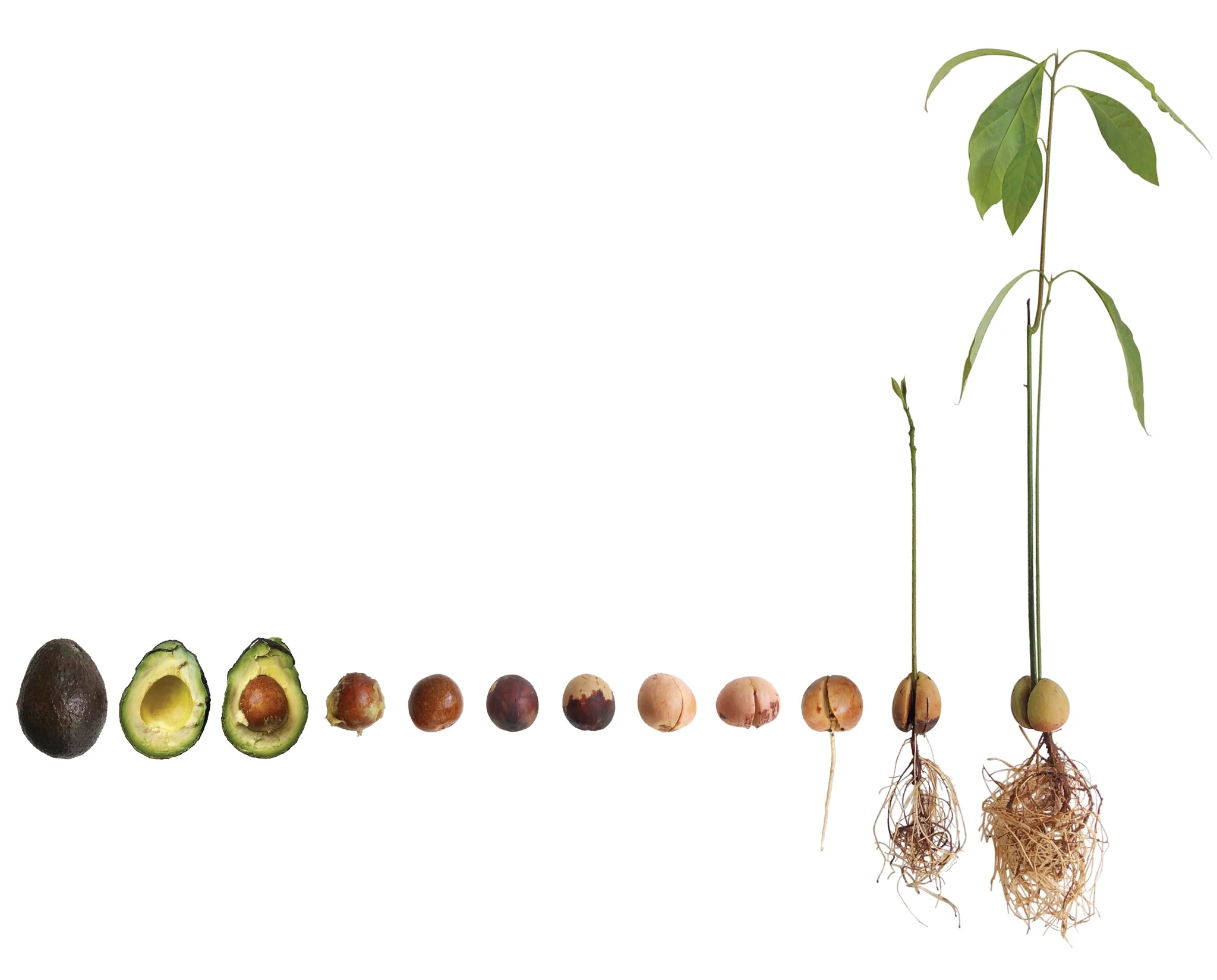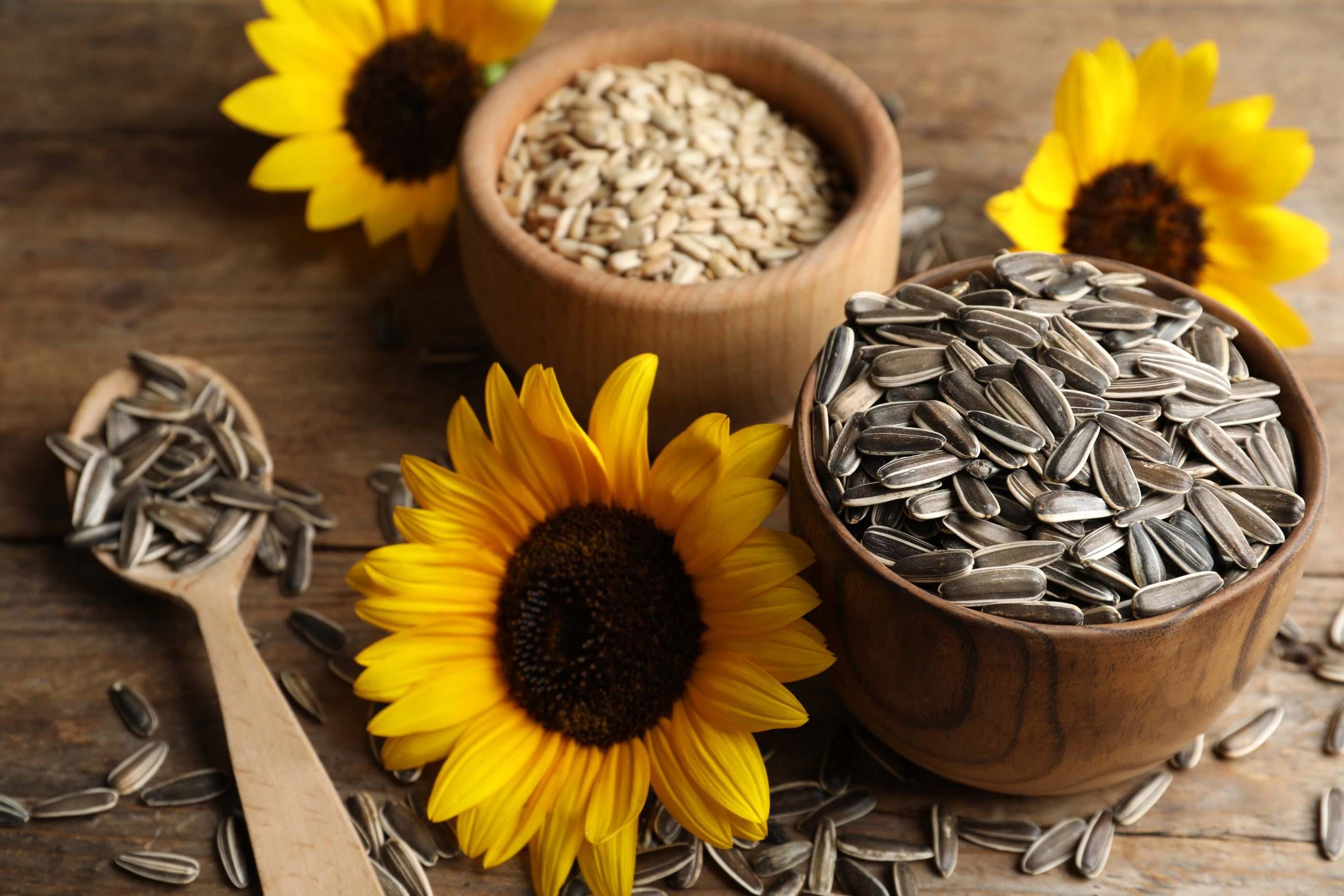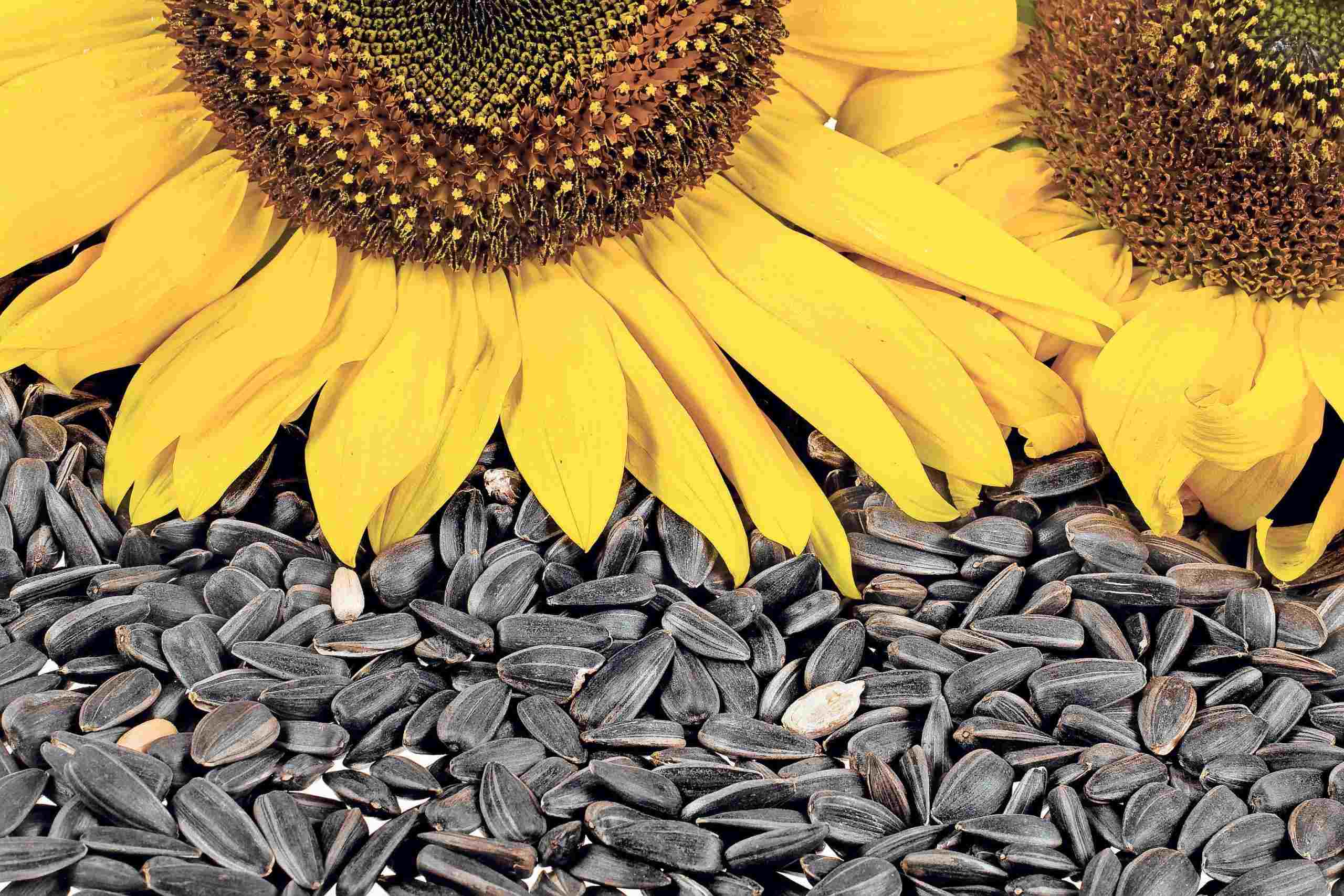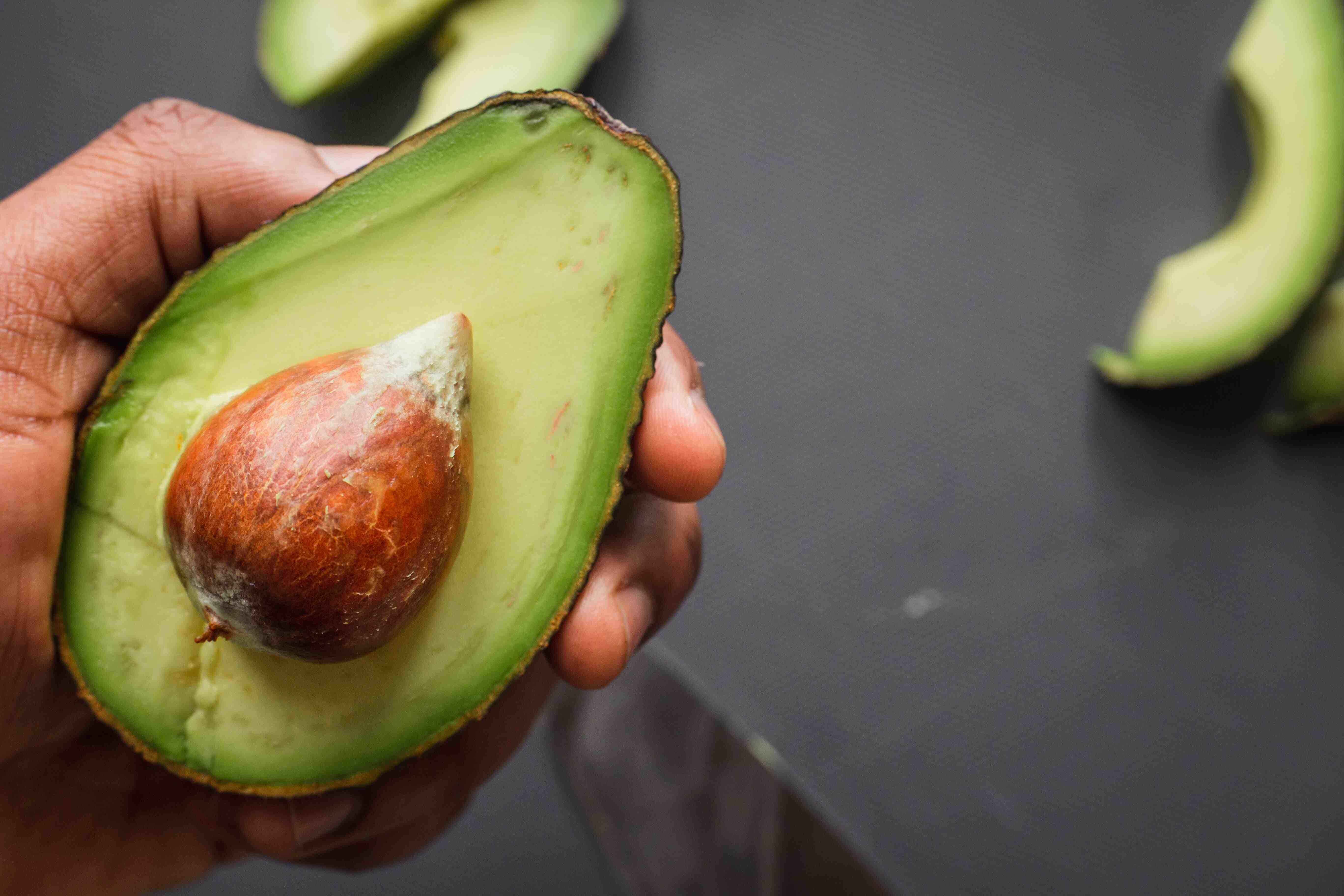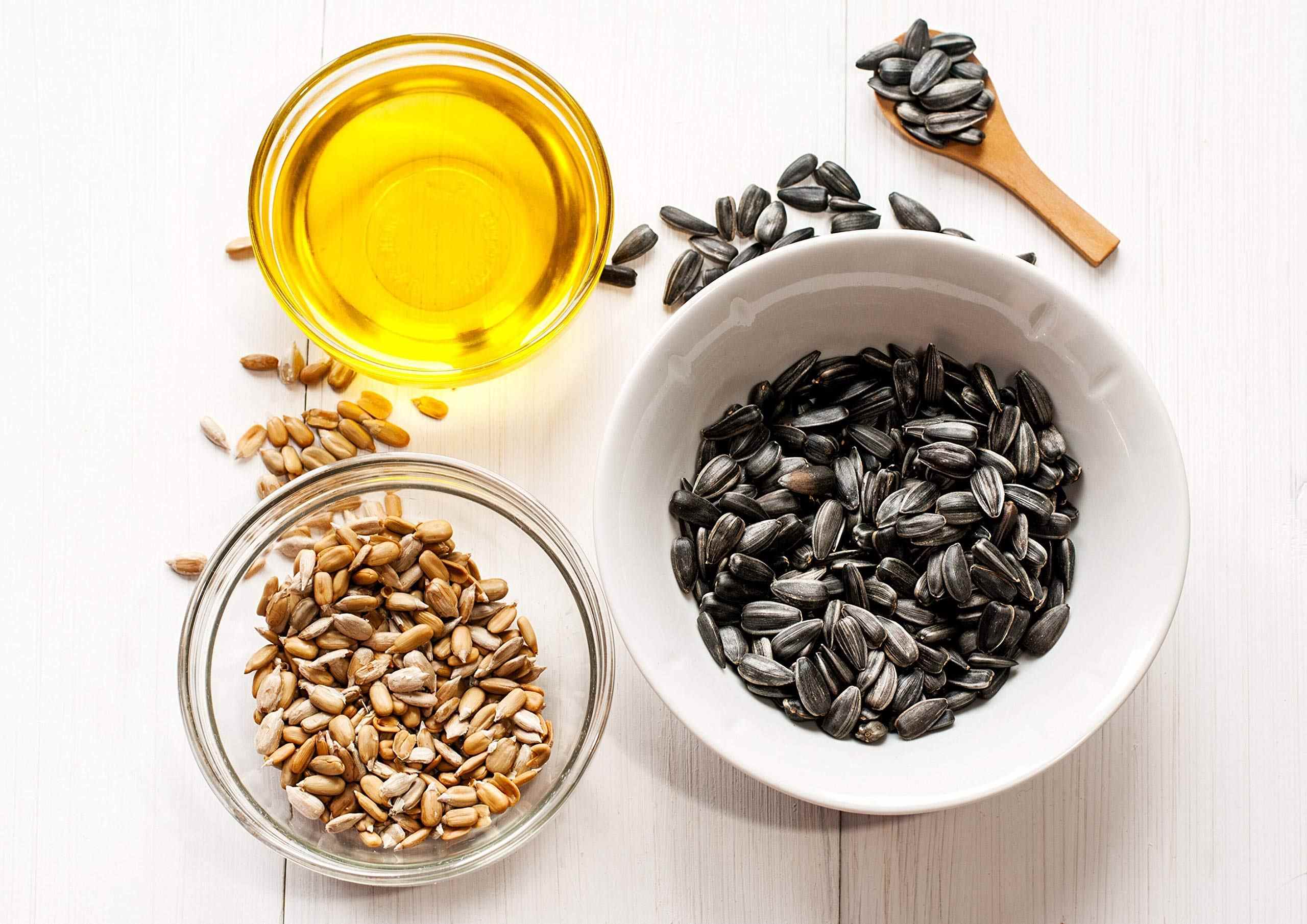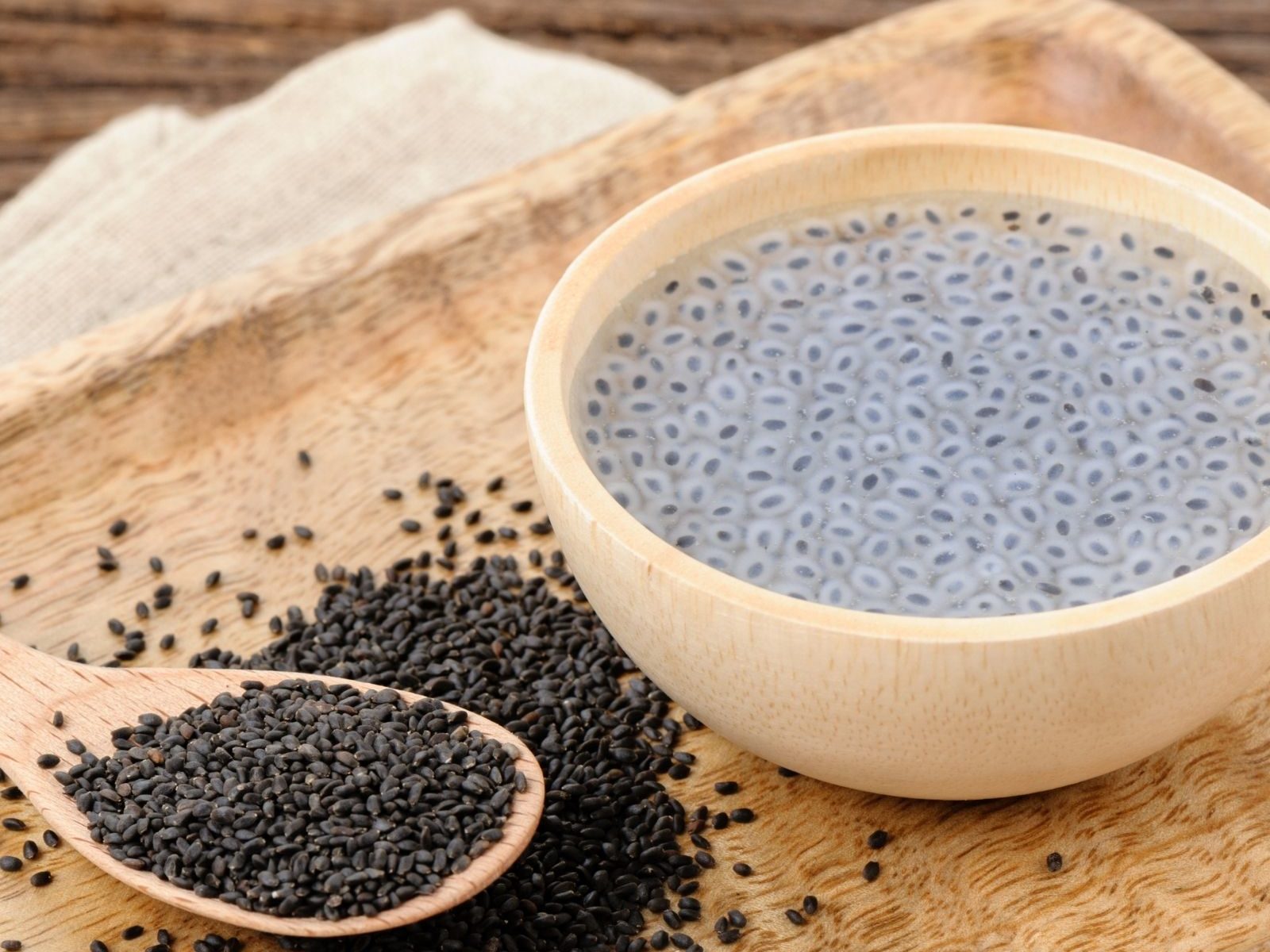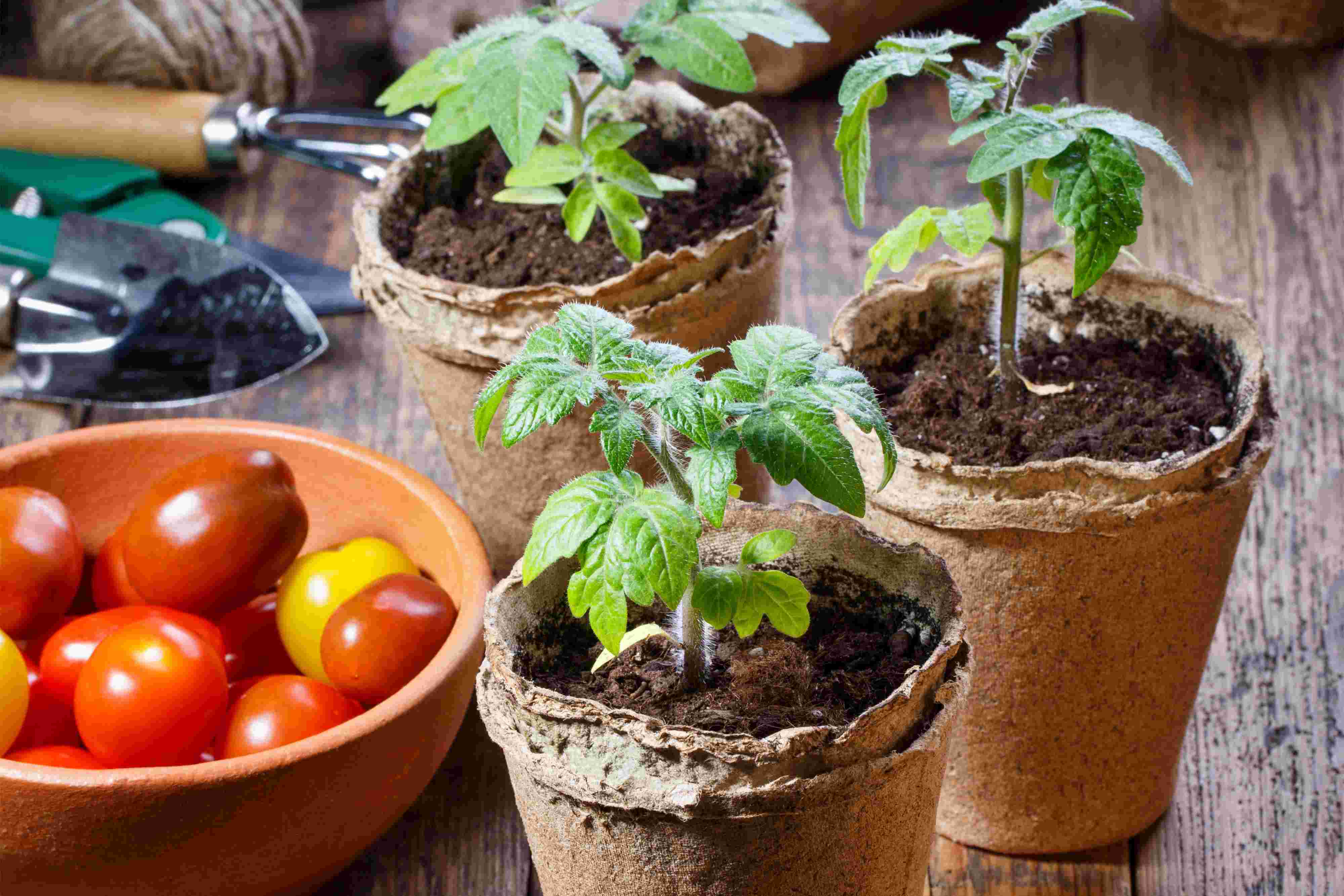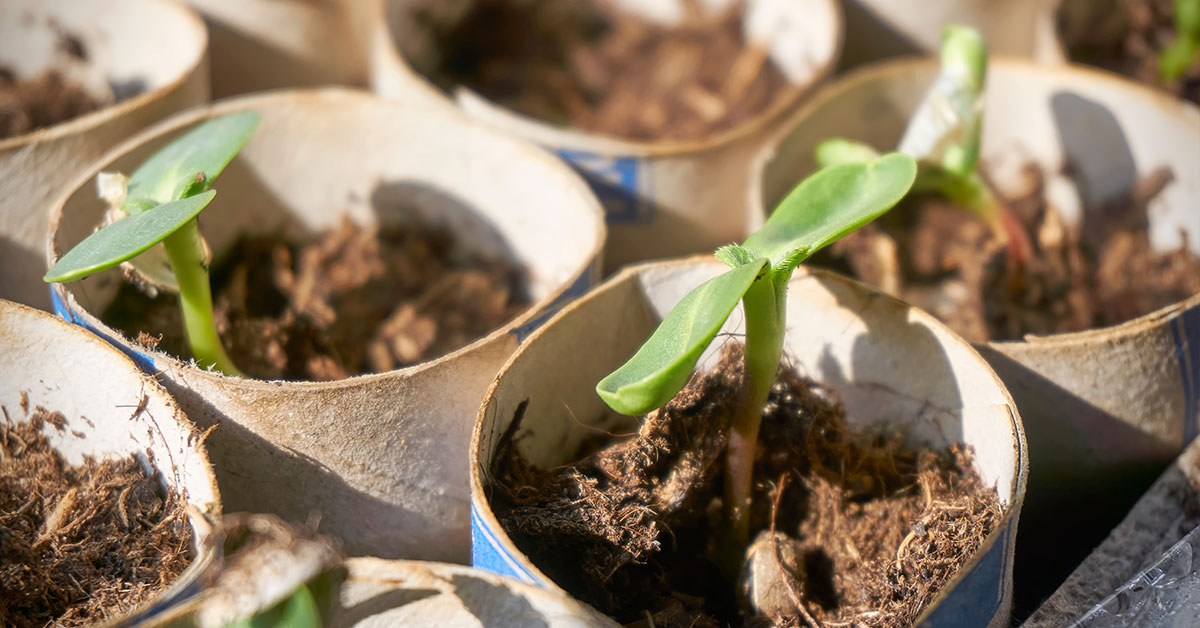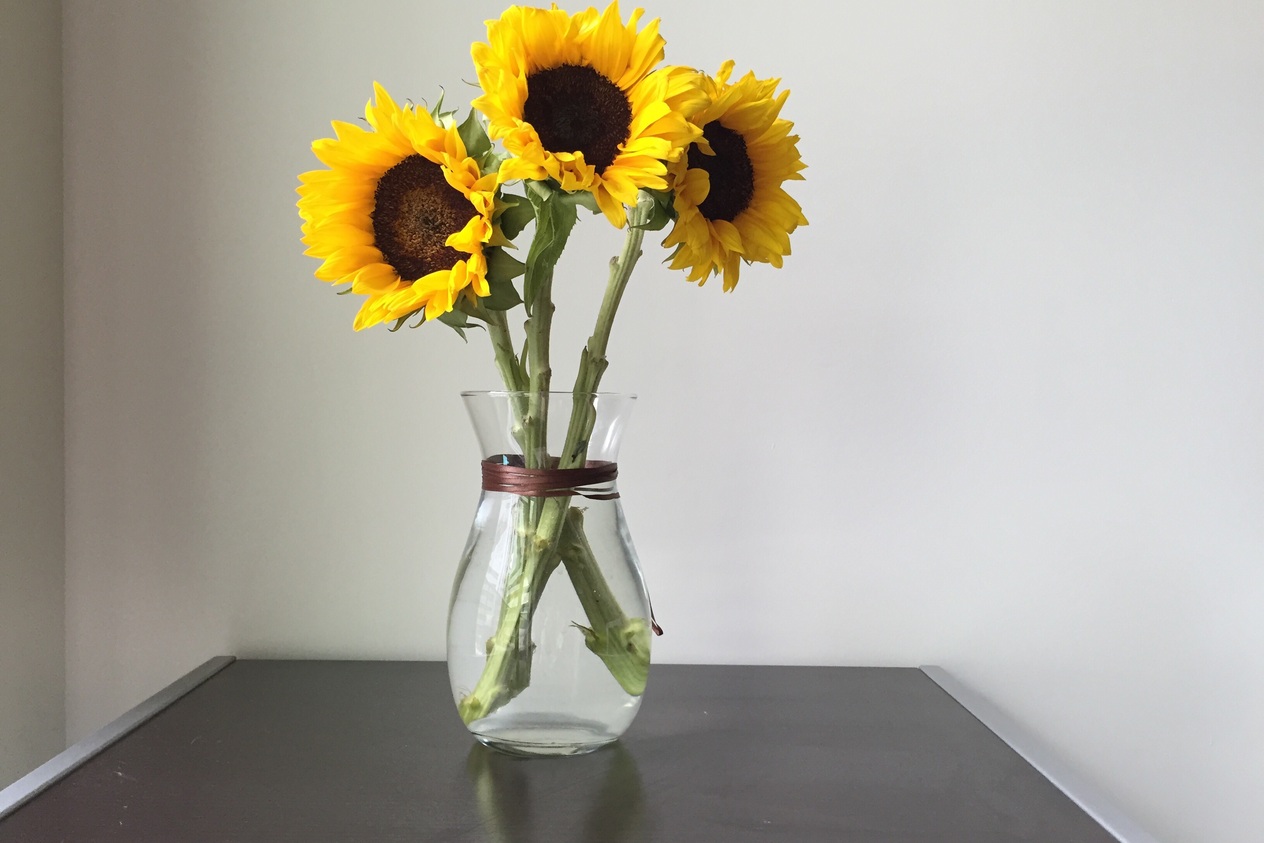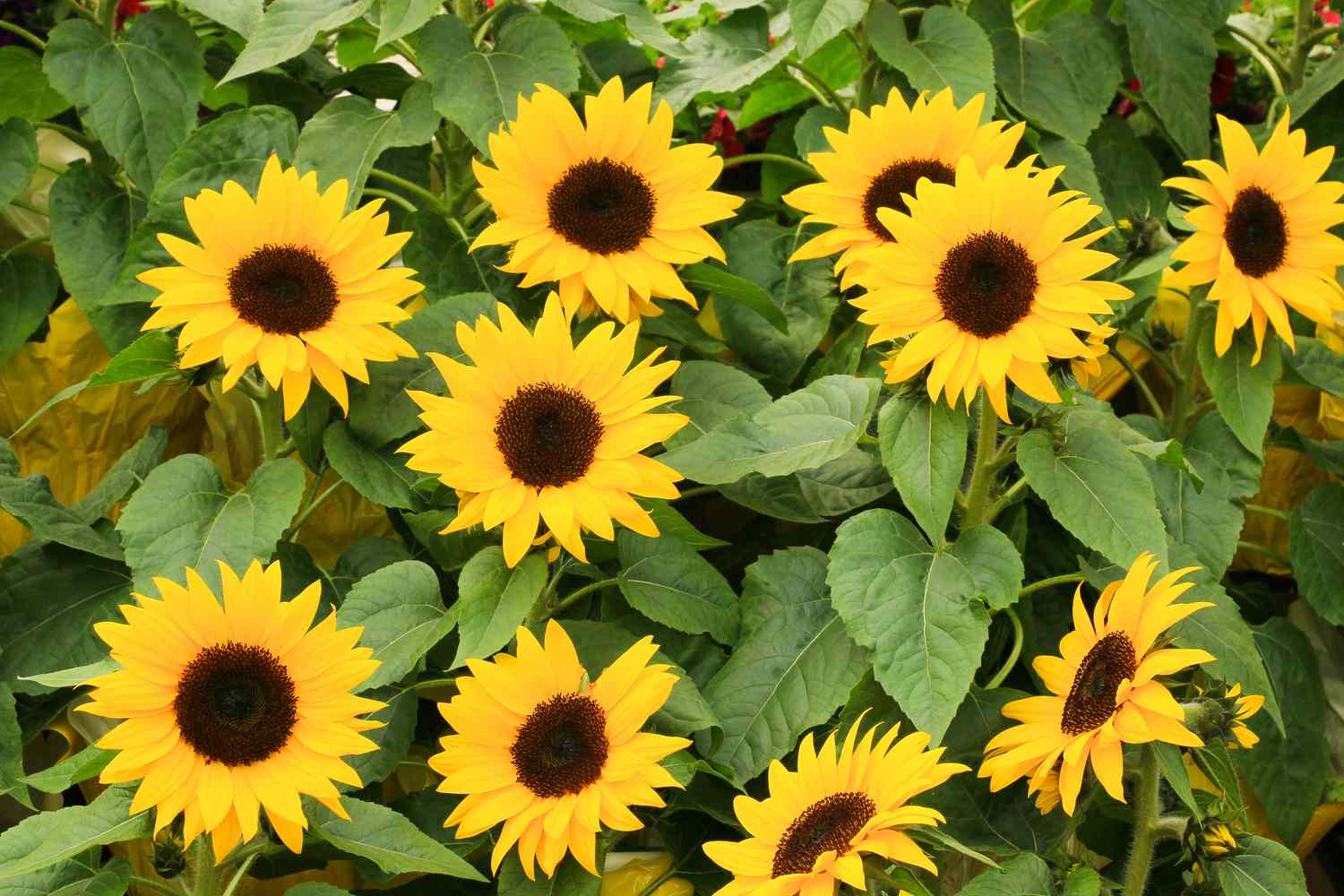Home>Gardening News and Trends>Latest News>How Long Are Sunflower Seeds Good For
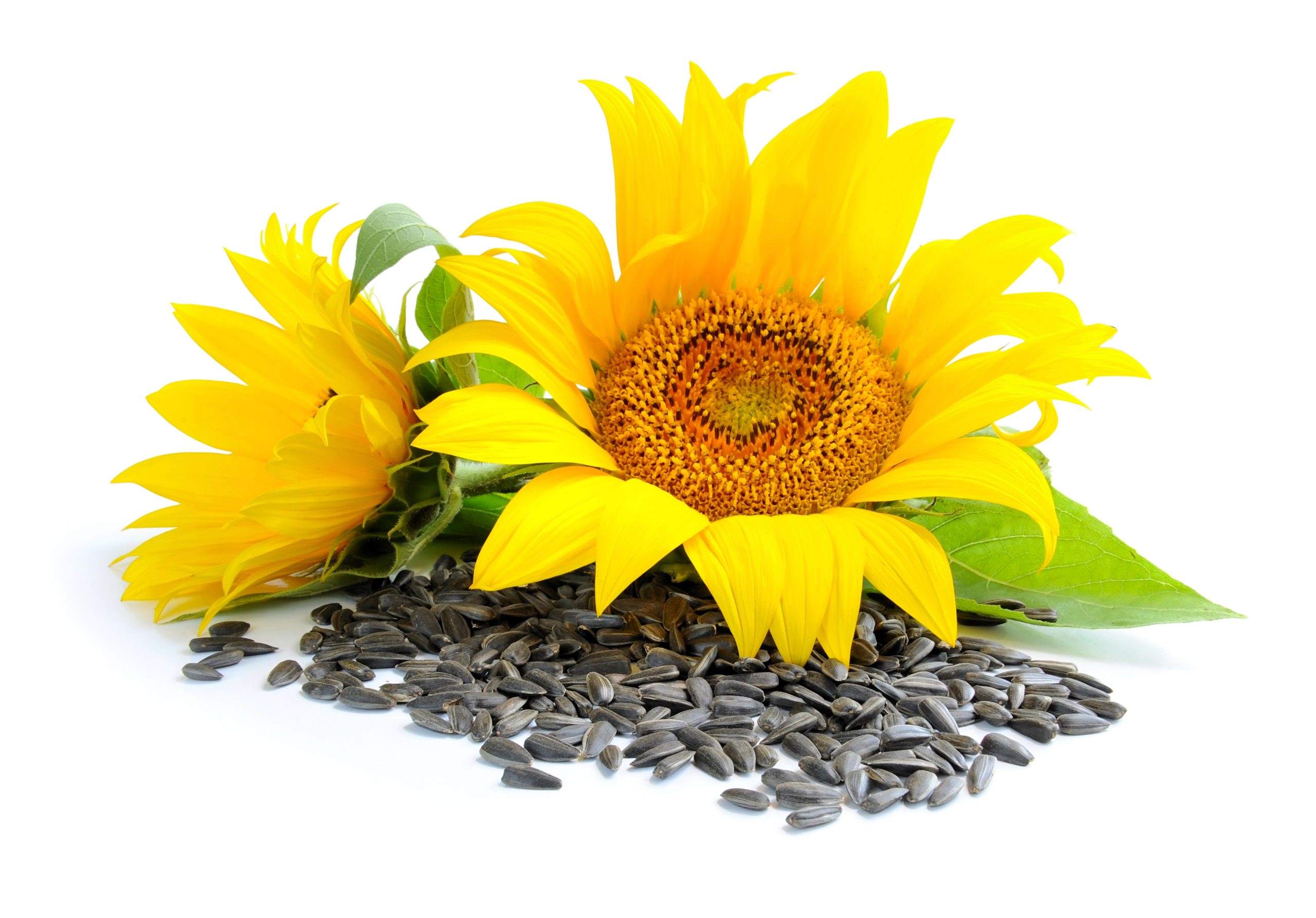

Latest News
How Long Are Sunflower Seeds Good For
Modified: January 22, 2024
Stay updated with the latest news on how long sunflower seeds are good for. Find out the expiration date and storage tips to ensure freshness and quality.
(Many of the links in this article redirect to a specific reviewed product. Your purchase of these products through affiliate links helps to generate commission for Chicagolandgardening.com, at no extra cost. Learn more)
Table of Contents
Introduction
Sunflower seeds are not only a delicious and versatile snack, but they also offer numerous health benefits. Whether you enjoy them raw or roasted, sunflower seeds are packed with essential nutrients, including healthy fats, protein, vitamin E, and minerals like magnesium and selenium. However, like any food item, sunflower seeds have a limited shelf life and can go bad if not stored properly.
In this article, we will explore the factors that affect the shelf life of sunflower seeds, discuss the proper storage methods to keep them fresh, and learn how to recognize signs of spoilage. Additionally, we will explore how long sunflower seeds typically stay fresh and provide some tips on how to extend their shelf life.
Understanding how to properly store and maintain the freshness of sunflower seeds is essential for enjoying their taste and nutritional benefits to the fullest. Whether you are a casual snacker or someone who frequently uses sunflower seeds in cooking or baking, this article will provide you with the knowledge you need to ensure that your sunflower seeds stay fresh for as long as possible.
Factors Affecting the Shelf Life of Sunflower Seeds
The shelf life of sunflower seeds is influenced by several factors. Understanding these factors can help you determine how long your sunflower seeds will remain fresh and flavorful. Here are some key factors that affect the shelf life of sunflower seeds:
- Exposure to Oxygen: Sunflower seeds, like many other nuts and seeds, contain natural oils that can turn rancid when exposed to oxygen. This process, known as oxidation, can greatly affect the taste and quality of the seeds. To slow down the oxidation process, it is crucial to store sunflower seeds in airtight containers.
- Moisture Content: Moisture is another enemy of sunflower seed freshness. When sunflower seeds come into contact with moisture, it can lead to mold growth, which not only spoils the taste but can also be harmful if consumed. Keeping sunflower seeds in a dry environment is essential to maintain their freshness.
- Temperature: Sunflower seeds are best stored in a cool, dry place. Heat can accelerate the process of oil oxidation and spoilage. Therefore, it is advisable to avoid storing sunflower seeds in hot areas or near heat sources.
- Light Exposure: Sunflower seeds, especially those in their shells, are sensitive to light. Exposure to direct sunlight or prolonged exposure to artificial light can cause the seeds to become rancid more quickly. It’s best to store sunflower seeds in a dark or opaque container to protect them from light.
- Packaging: The packaging in which sunflower seeds are stored can also impact their shelf life. High-quality, airtight packaging can better protect the seeds from oxygen, moisture, and light. If purchasing sunflower seeds from a store, opt for brands that have reliable packaging.
By understanding these factors, you can take appropriate measures to preserve the freshness of your sunflower seeds. Proper storage is essential in maintaining the flavor, texture, and nutritional value of these delicious seeds. In the next section, we will discuss the optimal storage methods for sunflower seeds to ensure they remain fresh for as long as possible.
Proper Storage of Sunflower Seeds
Proper storage is vital for maintaining the freshness and quality of sunflower seeds. By following these guidelines, you can ensure that your sunflower seeds stay flavorful and retain their nutritional benefits:
- Use airtight containers: Transfer your sunflower seeds to airtight containers, such as glass jars or resealable bags. This helps prevent exposure to oxygen, which can lead to rancidity.
- Store in a cool, dry place: Sunflower seeds should be kept in a cool and dry environment to slow down spoilage. Ideally, store them in a pantry or cupboard away from direct sunlight or heat sources.
- Avoid moisture: Moisture can lead to mold growth and spoilage. Make sure your sunflower seeds are completely dry before storing them, and avoid storing them in humid areas like the refrigerator.
- Protect from light: To prevent light exposure, which can degrade the quality of sunflower seeds, store them in an opaque or dark container. This will help preserve their freshness for a longer period.
- Keep away from strong odors: Sunflower seeds easily absorb odors from their surroundings. Store them away from strong-smelling foods or substances to prevent flavor contamination.
Following these storage guidelines will significantly extend the shelf life of your sunflower seeds. By keeping them in optimal conditions, you can enjoy fresh and delicious sunflower seeds for an extended period.
Signs of Spoiled Sunflower Seeds
Like any food product, sunflower seeds can spoil over time. It is important to be able to identify signs of spoilage to ensure you are consuming safe and fresh seeds. Here are some common indications that sunflower seeds have gone bad:
- Off smell: If your sunflower seeds have a rancid or unpleasant odor, it is a clear sign that they are spoiled. Fresh sunflower seeds should have a mild, nutty scent.
- Change in texture: Spoiled sunflower seeds may become mushy, slimy, or have a soft texture. Fresh sunflower seeds should be firm and crunchy.
- Visible mold: The presence of mold is a clear indication of spoilage. If you notice any fuzzy or discolored patches on the sunflower seeds, discard them immediately.
- Bitter taste: Spoiled sunflower seeds may have a bitter or unpleasant taste. Fresh sunflower seeds should have a mildly sweet and nutty flavor.
- Discoloration: Sunflower seeds that have turned dark or have noticeable discoloration indicate spoilage. Fresh sunflower seeds should have a uniform light to medium brown color.
- Pest infestation: If you find any signs of insect or pest infestation, such as live bugs or their eggs, discard the sunflower seeds.
It is important to note that consuming spoiled sunflower seeds can lead to foodborne illness or stomach discomfort. Therefore, if you notice any of these signs of spoilage, it is best to err on the side of caution and discard the seeds.
Regularly inspecting your sunflower seeds for these signs of spoilage will ensure that you are consuming safe and enjoyable snacks or ingredients for your recipes. In the next section, we will dive into the typical shelf life of sunflower seeds.
How Long Sunflower Seeds Stay Fresh
The shelf life of sunflower seeds typically depends on various factors such as storage conditions, packaging, and the initial quality of the seeds. While sunflower seeds do not have an indefinite lifespan, when stored properly, they can retain their freshness for a considerable amount of time.
Unshelled sunflower seeds tend to have a longer shelf life compared to shelled ones. Whole, unshelled sunflower seeds can stay fresh for up to a year when stored in a cool, dry place away from light and moisture. However, it is important to note that their taste and quality may start to deteriorate after several months.
Shelled sunflower seeds have a shorter shelf life due to their exposure to air and moisture. When stored properly in an airtight container, shelled sunflower seeds can stay fresh for up to 3 to 6 months. However, it is recommended to consume them within the first few months to enjoy the best flavor and texture.
It is important to check the expiration date on packaged sunflower seeds, as it indicates the manufacturer’s recommended shelf life. However, even if the expiration date has not passed, it is always best to assess the quality of the seeds before consuming them, using the signs of spoilage mentioned in the previous section as a guideline.
Ultimately, the freshness of sunflower seeds will vary depending on individual storage conditions, quality, and handling. By following proper storage practices and using your judgment to determine the freshness of the seeds, you can ensure that you are enjoying the best flavor and quality.
In the next section, we will discuss some measures you can take to extend the shelf life of your sunflower seeds.
Extending the Shelf Life of Sunflower Seeds
If you want to maximize the freshness and longevity of your sunflower seeds, there are several measures you can take to extend their shelf life:
- Buy in small quantities: Consider purchasing sunflower seeds in smaller quantities to ensure that you can consume them within a reasonable time frame. This helps prevent the seeds from sitting for too long and potentially going bad.
- Roast and shell as needed: To maintain the freshness of shelled sunflower seeds, it is recommended to roast and shell them as needed. By keeping the seeds in their shell until you are ready to enjoy them, you can preserve their flavor and texture for a longer period.
- Store in the refrigerator or freezer: If you want to extend the shelf life of shelled sunflower seeds, you can store them in the refrigerator or freezer. Freezing sunflower seeds can significantly prolong their freshness and prevent rancidity. Make sure to use airtight containers or resealable bags to protect the seeds from moisture and odors.
- Rotate your stock: If you frequently purchase sunflower seeds, try to rotate your stock. Use the older seeds first, ensuring that you are consuming them before their freshness begins to decline.
- Avoid cross-contamination: When storing sunflower seeds in the refrigerator or freezer, keep them away from strong-smelling foods to avoid flavor contamination. Use separate containers or bags to keep them isolated.
- Inspect regularly: Regularly check your stored sunflower seeds for any signs of spoilage. By promptly removing any spoiled seeds, you can prevent the spread of mold or the development of off flavors.
By following these tips, you can extend the shelf life of your sunflower seeds and enjoy their freshness for a longer period. Remember to also trust your senses and use the signs of spoilage mentioned earlier to determine if the seeds are still safe to consume.
Now that you have a good understanding of proper storage techniques and measures to extend the shelf life of sunflower seeds, you can confidently enjoy these nutritious and delicious snacks or ingredients in your recipes.
Conclusion
Proper storage is crucial for maintaining the freshness, flavor, and quality of sunflower seeds. By understanding the factors that affect their shelf life and implementing the appropriate storage methods, you can ensure that your sunflower seeds remain fresh for as long as possible.
Factors such as exposure to oxygen, moisture, temperature, light, and packaging can all impact the shelf life of sunflower seeds. By storing them in airtight containers, in a cool and dry place away from light, and protecting them from moisture, you can prolong their freshness.
Recognizing the signs of spoiled sunflower seeds, such as off smells, changes in texture, visible mold, bitter taste, discoloration, and pest infestation, is important for determining if they are still safe to consume. It is always best to discard any spoiled seeds to avoid foodborne illness or stomach discomfort.
The shelf life of sunflower seeds depends on the type (shelled or unshelled) and storage conditions. Unshelled sunflower seeds can stay fresh for up to a year, while shelled ones have a shorter shelf life of around 3 to 6 months. Checking the expiration date and assessing the quality of the seeds before consumption is crucial.
To extend the shelf life of sunflower seeds, consider buying them in small quantities, roasting and shelling as needed, storing in the refrigerator or freezer, rotating your stock, avoiding cross-contamination, and conducting regular inspections.
By following these guidelines, you can enjoy the delicious taste and nutritional benefits of sunflower seeds for an extended period. So go ahead and stock up on your favorite seeds, store them properly, and savor their freshness in your snacks, meals, and recipes!
